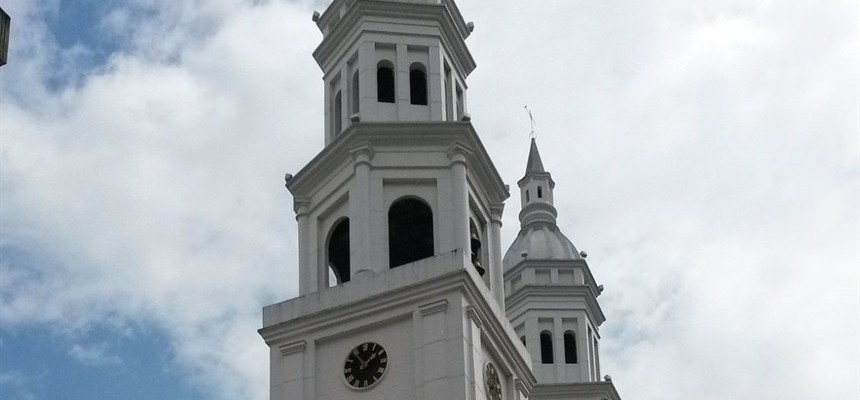Of the two hundred and sixty-six popes in the Catholic history, three have been mentioned in the Bible: Peter, Linus and Clement.
Peter, we all know, was there at the beginning. He was one of the inner three, along with James and John. He appears in all four Gospels and is prominent in the Acts of the Apostles. He wrote two epistles of his own. We know he traveled around the Mediterranean, speaking in Greece and the Middle East before arriving in Rome. He stayed in Rome, organizing the Church until he was martyred in 64 or 67 AD. As he worked, he found people as dedicated as he was to the new teachings. Eventually he ordained several men as bishops. Many others became deacons to help with the organization of the Church. His remains are apparently under the main altar at St. Peter’s in the Vatican.
Linus, generally thought to have been pope from 64 or 67 to 76 or 79 is mentioned in 2 Timothy, iv. 21 “Make haste to come before winter. Eubulus, and Pudens, and Linus, and Claudia, and all the brethren, salute thee.” St. Irenaeus, writing in 180 AD claims these two Linuses are the same man. By this time, St. Paul was in Rome, probably during his last imprisonment. Linus was with him in Rome and tradition says he was ordained a bishop by Paul. By tradition, Linus was born in Tuscany, the area around Rome. His father is said to be Herculanus. He was probably converted by either Peter or Paul. As the nominated successor to Peter, according to Irenaeus, Linus must have been a dedicated worker in the new Church. He was honored by being buried near St. Peter.
Clement is mentioned in Paul’s letter to the Phillippians iv.3, “And I entreat thee also, my sincere companion, help those women, who have labored with me in the gospel with Clement, and the rest of my fellow-labourers, whose names are in the book of life.” Roman by birth, he was of Jewish heritage and was converted probably by Peter whom he met with Barnabas at Cesarea. However, he was said to have been with Paul on some of his travels. Having been ordained by Peter, he became either the first or the third successor of Peter, depending on whose list is read. Typically he is said to have reigned 91-100 AD. Clement left us one extant epistle, that to the Corinthians, who tended to doubt and argue much amongst themselves. “We must,” he wrote, “look upon all the things of this world as none of ours, and not desire them. This world and that to come are enemies. We cannot, therefore, be friends to both; but we must resolve which we would forsake, and which we would enjoy.” Legend has it that he was arrested during the Trajan persecutions and martyred, one tradition holding that he was tied to an anchor and dropped overboard a boat into the sea. His relics are kept at the abbey of Cavo, in Abruzzo, Italy.


Recent Comments